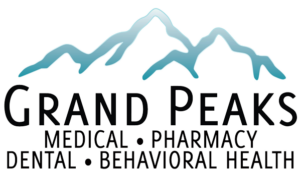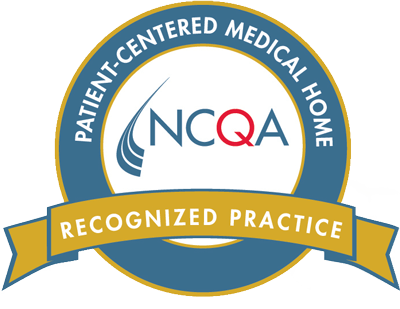Before we get into how our behavioral health can help with behavioral health problems, let’s first take a closer look at what is considered behavioral health in the first place.
Behavioral health is when one’s behaviors are in sync with the well-being of the body and mind.
As the mind and body are connected, so are our thoughts and actions. This is why behavioral health and mental health are virtually inexorable.
At Grand Peaks, we treat a wide variety of mental and behavioral disorders.
Depression
 Depression is a mood disorder in which one feels persistent feelings of sadness, numbness, apathy, and anhedonia (the inability to feel joy or pleasure).
Depression is a mood disorder in which one feels persistent feelings of sadness, numbness, apathy, and anhedonia (the inability to feel joy or pleasure).
Depression typically manifests behaviorally as lethargy—those with depression can find simple day-to-day tasks to be major challenges. Obviously, this makes keeping up on everything from work obligations to personal hygiene seem almost impossible.
Not everyone experiences depression the same way. Some may experience:
- Anger, frustration, and irritation;
- Insomnia or hypersomnia;
- Reduced or increased appetite;
- Mental fatigue (brain fog);
- Feelings of guilt, worthlessness, and an overfixation on past failures;
- Recurring thoughts of death and suicide;
- Physical problems like muscle pain, back pain, and headaches.
Our Rexburg behavioral health center offers treatment for depression. As each individual’s experience and reason for having depression is different, so are our treatment methods—there’s no one-size-fits-all solution.
A combination of the right kind of therapy, the right kind of medication, or both is the most common solution.
Anxiety
 Anxiety and depression are typically linked—it’s rare to find someone who suffers or has suffered with one but not the other.
Anxiety and depression are typically linked—it’s rare to find someone who suffers or has suffered with one but not the other.
We all experience anxiety throughout life. It’s a survival mechanism built into us by nature. However, chronic anxiety that gets in the way of living a normal life is an entirely different matter.
At our Rexburg behavioral health center, we often see and treat people regularly experiencing the following symptom:
- Persistent feelings of nervousness, paranoia, and tension;
- Persistent sense of impending doom;
- Rapid heart rate;
- Hyperventilation (rapid, heavy breathing);
- Panic attacks;
- Feeling tired (anxiety takes a lot of energy);
- Difficulty concentrating as a result of anxiety.
As with depression, there are ways of managing and recovering from chronic anxiety, including certain medications (though not usually the same types prescribed for depression) and therapy.
Bipolar Disorder
 Also called manic-depressive disorder or manic depression, bipolar disorder causes one to swing back and forth between severely high and severely low moods which manifest behaviorally in one’s sleep, thinking, energy, and actions.
Also called manic-depressive disorder or manic depression, bipolar disorder causes one to swing back and forth between severely high and severely low moods which manifest behaviorally in one’s sleep, thinking, energy, and actions.
It’s typical for someone with bipolar disorder to go through prolonged periods of deep depression and then later find themselves on an “upswing”, where they spend a time feeling more or less normal, until they finally reach the other side of the spectrum which can be characterized as “manic”. During this period of mania, one feels intensely excited and confident, which often leads to impulsive and reckless behavior, delusional thinking, and sometimes even hallucinations.
At our Rexburg Behavioral Health, our treatment for bipolar disorder involves finding a healthy balance for our patients—putting a floor on how low they can feel and a ceiling on how high they can feel—so that they can continue through life in a healthy and fulfilling way.










